Issue 09 React
Selvedge Magazine
Couldn't load pickup availability
January/February 2006
Rethink, reclaim and re-examine textile
"WELCOME TO THE NEW YEAR – a time for resolutions and re-assessing. As an eternal optimist I set great store by resolutions. This issue is full of things to inspire you to turn over a new leaf, or just make those small changes that have a big impact.
Eco textiles are a huge subject and compiling the material has been an education. One thing that will stick in my mind is that 80% of the energy used in the life cycle of a garment occurs in the home during laundering. I was amazed to learn that I could make a difference simply by hanging my washing on a line rather than using my tumble dryer. Another shocking statistic is that 33% of the weight of cotton needed to make a T-shirt is made up of pesticides. Even so, the problems and solutions are more complex than adopting organic cotton. Kate Fletcher explores these issues.
We also rethink our home and look at the traditional craft of upholstering walls as well as the joys of giving new life to old furniture, particularly with bold prints such as those designed by artists in the 20th century.
Asia provides the inspiration; we visit the Jaipur Craft Festival and find sustainable forms of textile production in the work of Women Weave. We highlight multi-cultural fashion label Ghulam Sakina.
Sadly the question I began this issue with has still not been answered. I can’t understand why, if designers can produce beautiful clothing in virtually any fabric, when ‘organic’ enters the equation the design is discarded in favour of something altogether less flattering. Environmentally friendly production does not excuse bad design. I don’t want to contribute to a stereotype but suffice to say bland and beige are flourishing on the eco textile scene. There are exceptions to this, distressingly few and far between: the Raag workshop, which makes beautiful clothing which happens to have a low environmental impact. One way forward is for designers who make beautiful clothing to consider the impact of their work, adopt responsible materials and methods, and to make this common practice. An organic tag should not be a selling point but an industry wide standard – anyway, decide for yourself. Keep warm and I’ll see you in the spring."
Polly Leonard, Founder, Selvedge Magazine
Please note this issue is only available digitally
Share
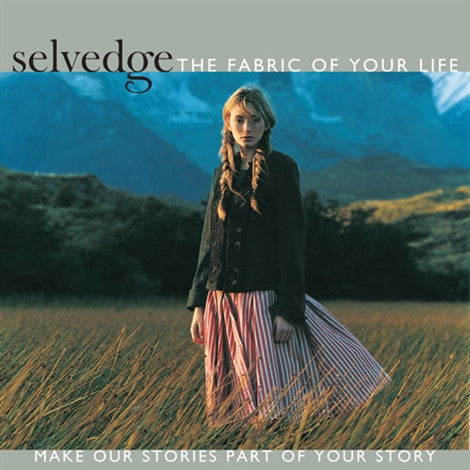
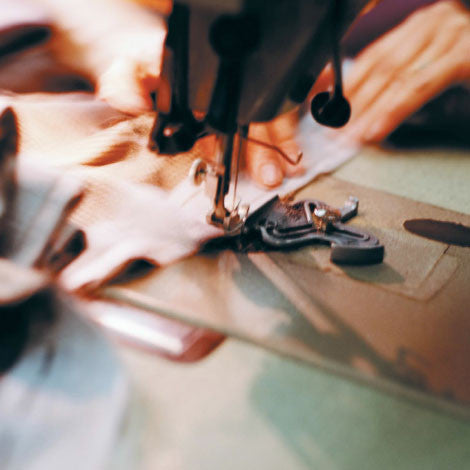


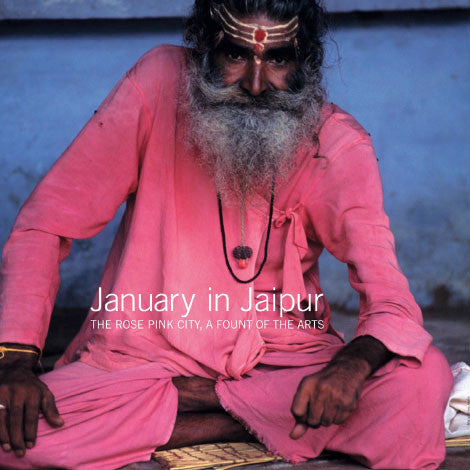
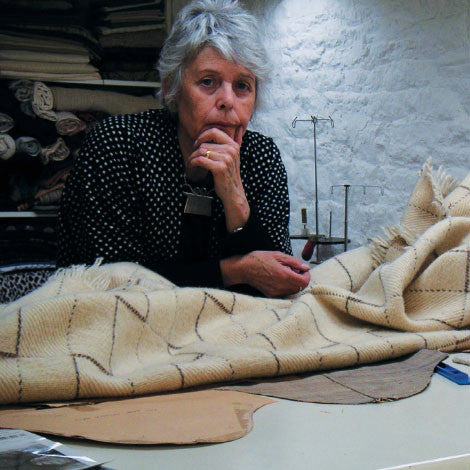
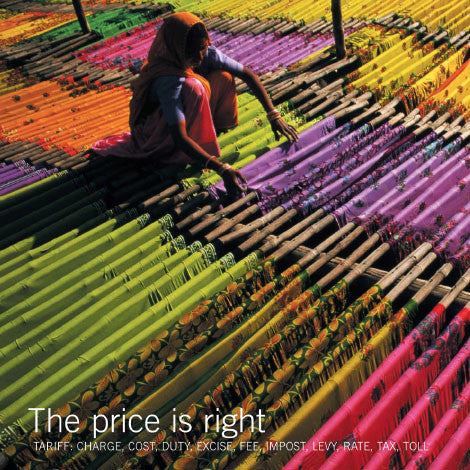



A truly enjoyable read
This magazine is a joy to read on every level. It is well researched, interesting and beautifully written. It cleverly connects the distant past with cutting edge current practice and has inspired me to learn more about both. Now I want to read more!
Visually very satisfying and intellectually stimulating
I always find Selvedge Magazine visually very satisfying and intellectually stimulating. I have all the issues in my library and will have to find a good institution to donate then to when the time comes. I remember getting issue 00 at some conference or meeting in the US when you were first starting out. Bravo again for so many years of sharing the joy of textiles in all its varied forms with all of us.
Selvedge endlessly nourishes my soul
Selvedge endlesslynourishes my soul. Much love and gratitude to Pollyand the Selvedge clan.
Absolutely gobsmackingly gorgeous
I was expecting something nice, but I was in no way prepared for how absolutely gobsmackingly gorgeous and inspiring your magazine is. Wow and wow. Now I’m counting the minutes until my next paper copy arrives.
A Very Special Offering
Since the very first time I received your editions and including each time I receive one, I’ve felt the experience is like receiving a new doll. I wish to be alone with my new ‘doll’ pouring over each page, enjoying the wonderment and delighting in the special moments. Thank you.












